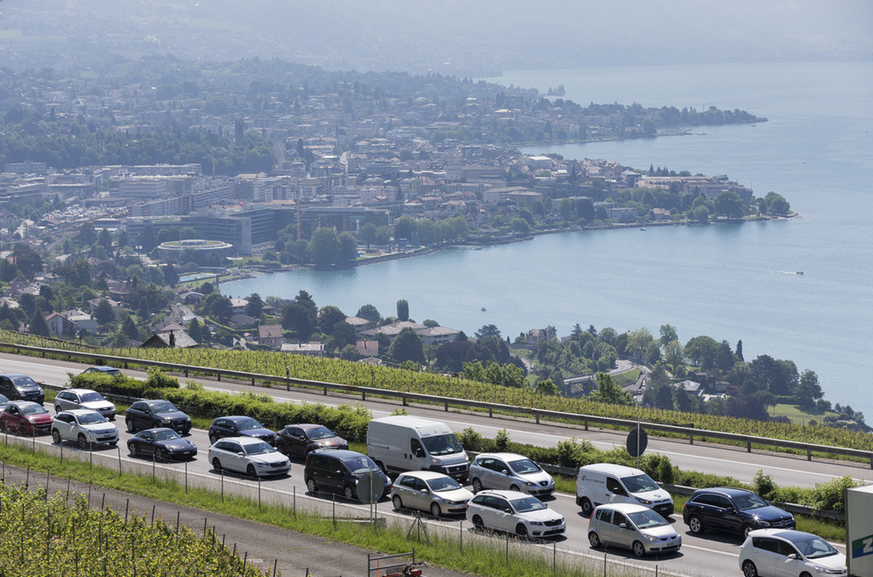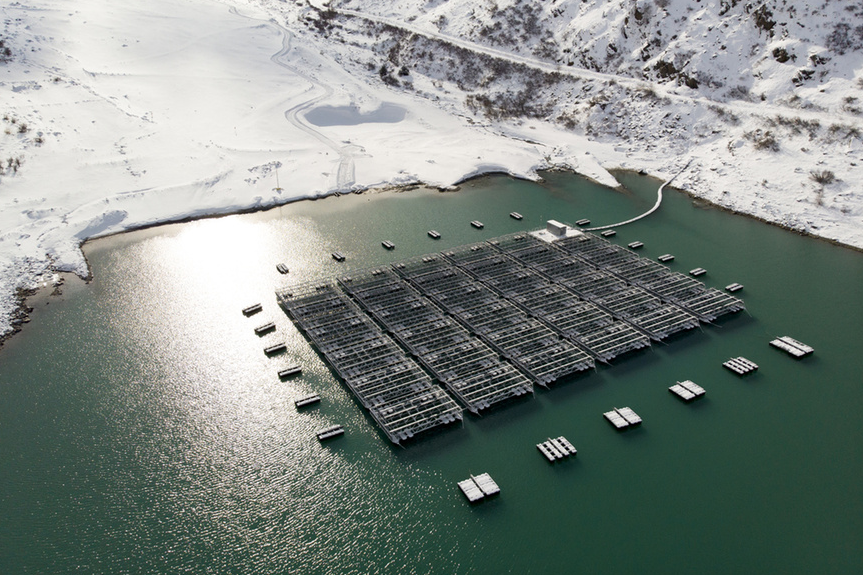Queuing up near Vevey on Lake Geneva. © Keystone / Cyril Zingaro Fuel consumption and emissions limits for new cars in Switzerland missed their target in 2019 for the fourth year in a row. This resulted in sanctions totalling CHF78 million for car importers. Last year, the 314,000 new cars registered in Switzerland spat out CO2 emissions of about 138.1 grams per kilometre, a rise of 0.2% on 2018, the Federal Office for Energy said on Thursday. This means new cars have overshot their emissions targets of 130g per kilometre every year since goals were set in 2015. As a result, car importers were hit with sanctions of CHF78.1 million (.7 million), money paid to the Swiss fund for national roads and traffic (FORTA). The energy office said that the increase last
Topics:
Swissinfo considers the following as important: 3) Swiss Markets and News, 3.) Swiss Info, environment, Featured, newsletter
This could be interesting, too:
RIA Team writes The Importance of Emergency Funds in Retirement Planning
Nachrichten Ticker - www.finanzen.ch writes Gesetzesvorschlag in Arizona: Wird Bitcoin bald zur Staatsreserve?
Nachrichten Ticker - www.finanzen.ch writes So bewegen sich Bitcoin & Co. heute
Nachrichten Ticker - www.finanzen.ch writes Aktueller Marktbericht zu Bitcoin & Co.

Queuing up near Vevey on Lake Geneva. © Keystone / Cyril Zingaro
Fuel consumption and emissions limits for new cars in Switzerland missed their target in 2019 for the fourth year in a row. This resulted in sanctions totalling CHF78 million for car importers.
Last year, the 314,000 new cars registered in Switzerland spat out CO2 emissions of about 138.1 grams per kilometre, a rise of 0.2% on 2018, the Federal Office for Energy said on Thursday.
This means new cars have overshot their emissions targets of 130g per kilometre every year since goals were set in 2015. As a result, car importers were hit with sanctions of CHF78.1 million ($82.7 million), money paid to the Swiss fund for national roads and traffic (FORTA).
The energy office said that the increase last year was due to the growing number of 4×4 vehicles on Swiss roads (over half of all cars bought), a slight increase in the total dry weight of cars, as well as the downturn in the number of diesels on the road.
The slight increase in the number of electric or part-electric cars (from 3.2% to 5.6%) wasn’t enough to significantly lower the emissions stats.
According to the Swiss Transport and Environment Association, the sanctions are too light. They represent around CHF250 for every new car sold – a figure too low to be even registered by a buyer shelling out an average of CHF43,000, the association said on Thursday.
It also opposed calls by importers to waive the sanctions as a result of the coronavirus pandemic, which dealers claim has hindered moves towards climate-friendliness.
“Various highly effective [from an environmental point of view] car models will now only come on the market later,” said Christoph Wolnik of the Swiss Auto association. He also said that “massive subventions” for low-emissions vehicles in countries like France and Germany means that carmakers will be more incentivised to do business there, rather than to in Swiss market.
For 2020, meanwhile, the maximum emissions targets have dropped even lower, at 95g per kilometre.
Tags: Environment,Featured,newsletter








